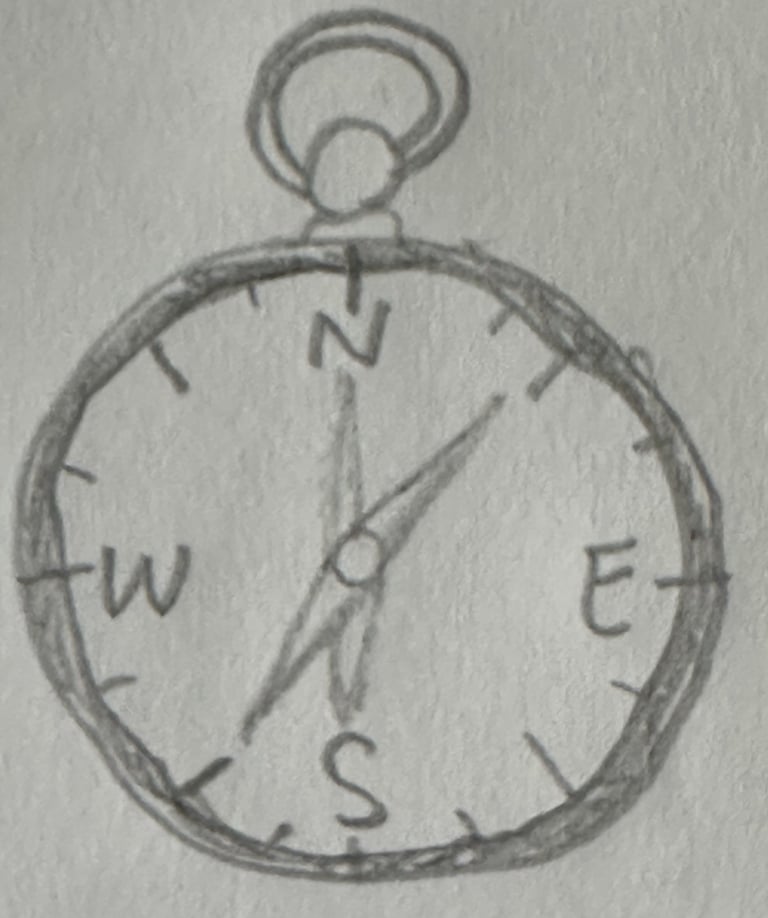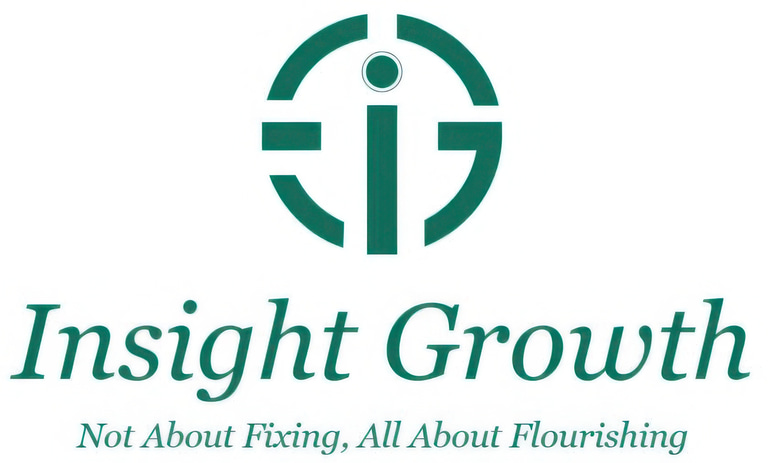When Your Inner Critic Becomes Your Compass: Transforming Self-Limiting Beliefs
That nagging voice in your head is not trying to sabotage you, it is trying to protect you. Discover how to transform your relationship with self-limiting beliefs by learning to read your inner critic's hidden intelligence. In this mindful musing, I uncover why fighting these thoughts often makes them stronger, and how shifting from resistance to curiosity can turn your greatest internal obstacle into your most valuable guide for growth. Learn practical techniques for translating harsh self-criticism into insights for personal development and explore how the coaching relationship can accelerate this transformative process.
6/3/20254 min read
There was a day I caught myself saying "I'm not good at this". The words slipped out so naturally that I almost didn't notice them - almost.
Something made me pause. That voice that persistent inner narrator had just revealed itself again.
We all have this voice. Some call it the inner critic, others the perfectionist or worrier. What fascinates me is how this voice, which feels like our greatest obstacle, can actually become our most valuable guide if we learn to listen differently.
The Critic's Hidden Purpose
Our inner critic did not develop to make us miserable. It emerged as a survival mechanism, keeping us safe within social structures that once meant the difference between belonging and exile. In childhood, this voice helped us navigate relationships by constantly scanning for ways we might fall short.
The problem? This protection system has not received the memo that we are no longer children dependent on others' approval for survival. It continues operating on old programming, using outdated metrics of safety and success.
When my inner critic whispers, "You are not qualified," it is really saying "Remember when taking risks meant potential rejection? Let's avoid that." The intention is protective, even if the execution feels punishing.
Listening for the Map, Not the Message
Here is what I have discovered: our inner critic is a terrible life coach and an excellent cartographer. It brilliantly maps our deepest fears, unhealed wounds, and areas where we feel most vulnerable. The key is reading its intelligence without accepting its conclusions.
When that voice says, "You always mess things up," instead of arguing or accepting it as truth, ask: "What is this showing me about where I feel uncertain?" The critic's harsh assessment might point toward a skill you want to develop or an area where you are ready to grow.
Someone once shared how her inner critic constantly reminded her that she "was not a leadership material." Through our coaching engagement, instead of fighting this belief, we explored what it was mapping. Underneath, we found her deep longing to lead authentically while feeling unprepared for the visibility leadership requires. Her critic was not wrong about her fears, just wrong about her capabilities.
Over several sessions, we developed strategies to build her confidence while honoring her authentic leadership style. The coaching process gave her a safe space to examine these beliefs without judgment and practice new ways of thinking about her potential.
The Alchemy of Transformation
Transforming self-limiting beliefs is not about positive thinking. It is about developing a different relationship with the parts of ourselves that feel scared or inadequate.
When we try to silence our inner critic through force, it often becomes louder. When we approach it with curiosity rather than resistance, something remarkable happens. The critic begins to relax, knowing it's been heard.
A Practice in Conscious Translation
When you notice your inner critic speaking, try this translation:
Instead of "I'm not good at this," hear "This feels challenging for me right now, which might mean it is exactly where I need to focus
Instead of "I'm not smart enough," hear "I'm feeling uncertain about my knowledge here."
Instead of "I always fail at relationships," consider "I'm carrying pain from past experiences."
Instead of "I do not belong here," explore "I'm feeling vulnerable about being seen in this new environment."
This shift from absolute statements to present-moment observations create space for growth. It acknowledges feelings without cementing them as permanent truths.
Do not worry if you do not catch yourself every time, none of us do. I still find myself deep in self-critical spirals before I remember to pause and translate.
The goal is not perfection, it is increasing awareness. Each time you notice, even if it is hours or days later, you are strengthening your ability to recognise these patterns. Progress in this work is measured in moments of awareness, not in never having the thoughts at all.
The Compass Emerges
When we stop fighting our inner critic and start listening to its underlying message, it functions like a compass pointing toward exactly where our greatest growth awaits.
From the start I mentioned about my critic's "I'm not good at this" was highlighting an opportunity. Not to retreat and to approach the challenge with more intention and self-compassion. It showed me where I wanted to grow, not where I should give up.
Your inner critic knows your edges better than anyone. It senses exactly where your comfort zone ends and your potential begins. The question is not how to silence it, it is how to translate its warnings into invitations for expansion.
Moving Forward with Support
The transformation of self-limiting beliefs happens through relationship, not battle. Sometimes this requires the supportive presence of another whether a trusted friend, mentor, or coach to help us see what our inner critic is truly revealing.
In coaching, a space is there where these internal voices can be explored safely. Many can discover that what feels like harsh self-criticism is actually pointing toward their deepest values and aspirations. The coaching relationship provides a mirror, reflecting back possibilities that the inner critic obscures.
Our inner critic will never disappear entirely, and perhaps that is not the goal. Instead, it can become a trusted advisor, one whose perspective you consider carefully and whose final word you do not automatically accept.
Whether in coaching or through meaningful relationships can accelerate this transformation. We often need an outside perspective to help us distinguish between the critic's protective warnings and its limiting conclusions.
The next time you hear that familiar voice pointing out shortcomings, take a breath. Ask what it is trying to protect or illuminate about your growing edge. Thank it for its concern, then choose your response from wisdom and courage.
And if you miss the moment? If you find yourself hours later realising you got caught in the old pattern? That is not failure, that is the beginning of awareness. The more you practice noticing, even after the fact, the quicker you will catch these moments as they happen.
The voice that once kept you small might just guide you toward becoming everything you are meant to be.
What is your inner critic trying to show you about your next edge of growth?


